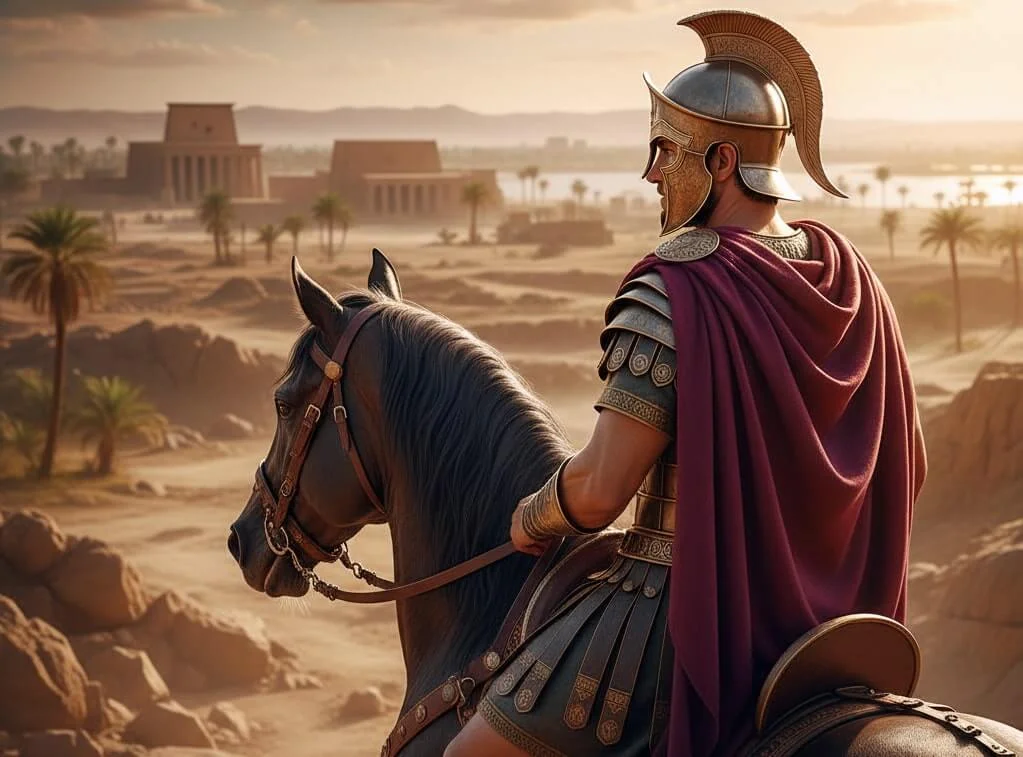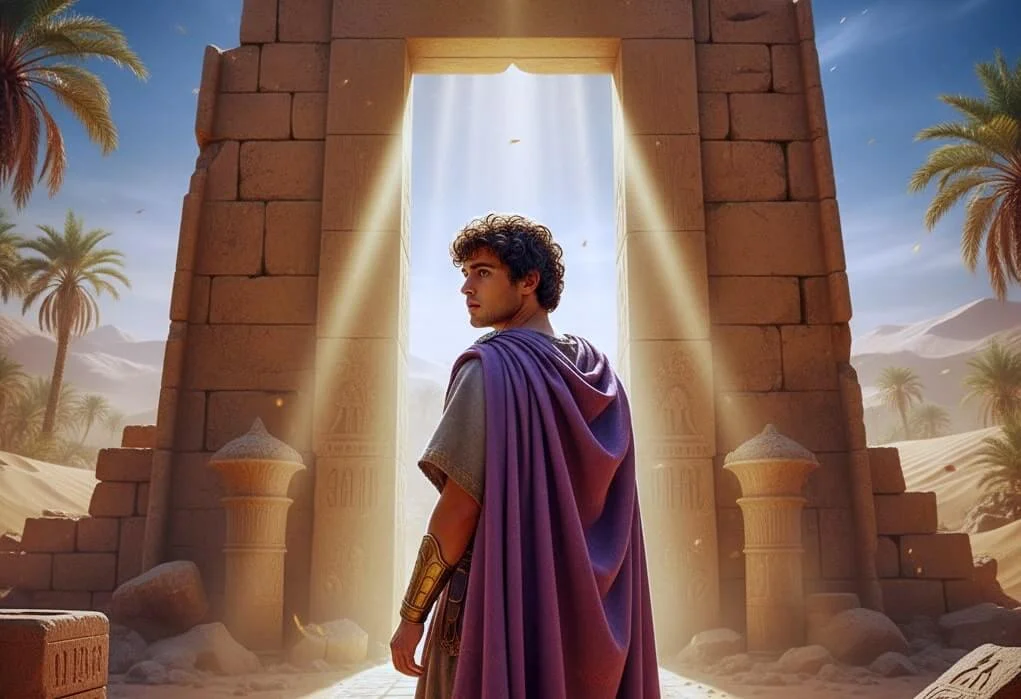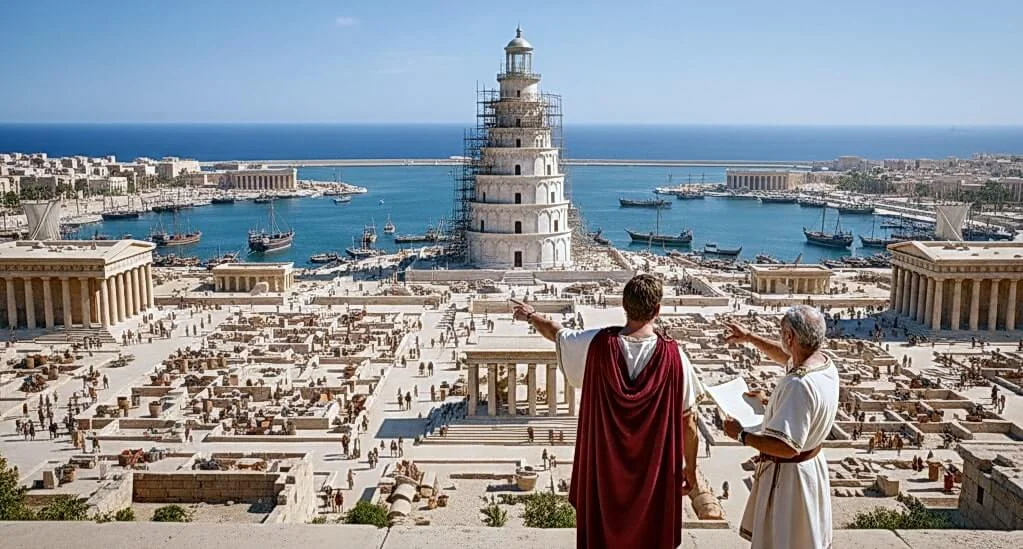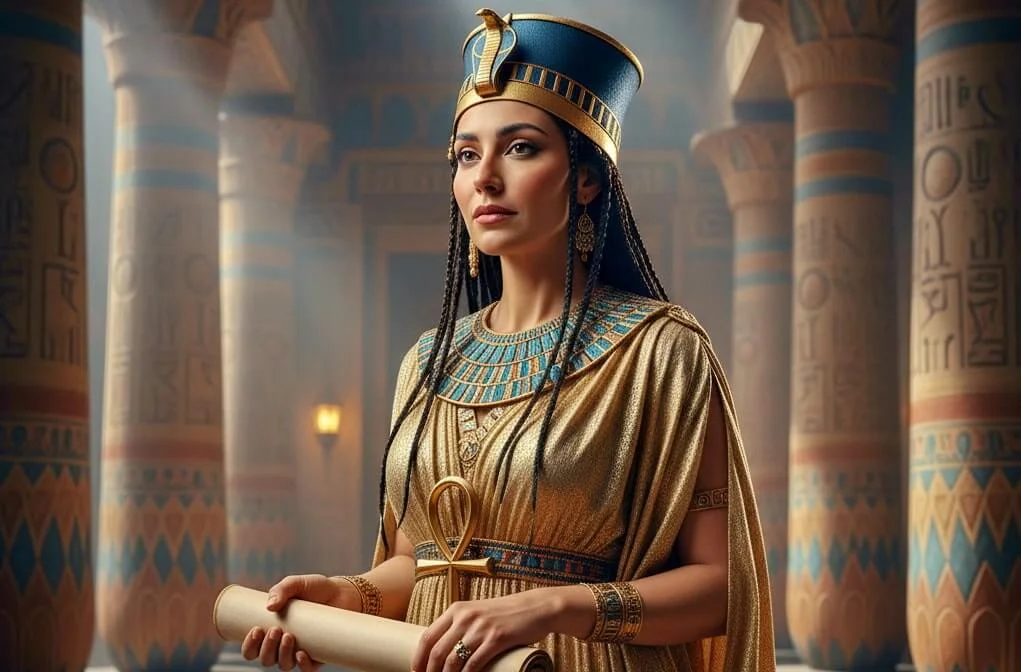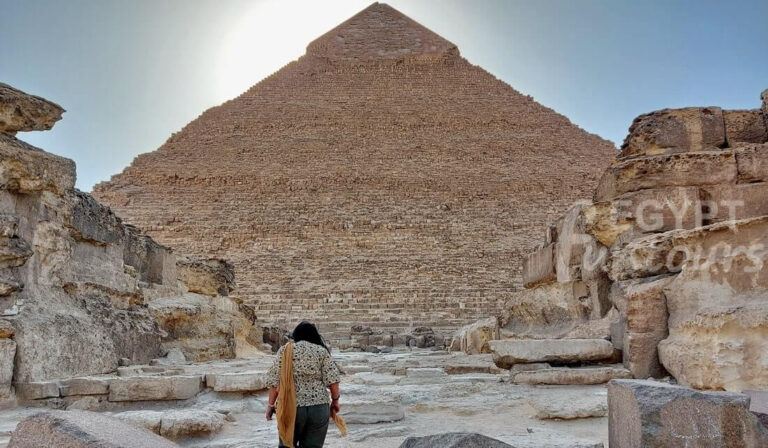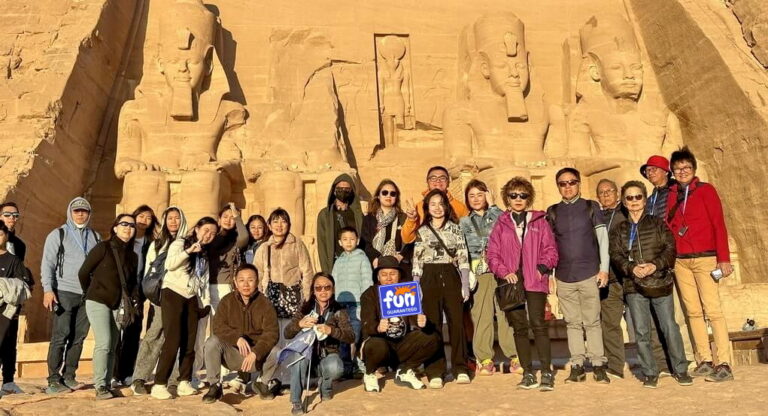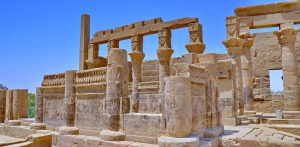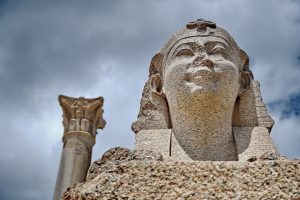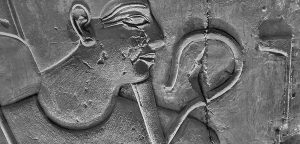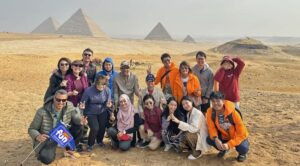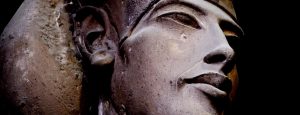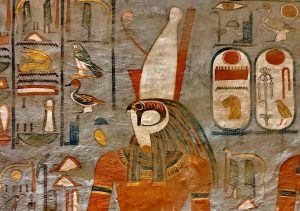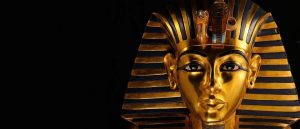When the Conqueror Became Pharaoh
Alexander the Great was more than a general. He was a force of nature who completely redefined the ancient world. He was born Alexander III of Macedon (356–323 BC). Alexander became one of history’s most successful military commanders. People knew him as “Undefeated in Battle.” His ambition knew no limits. He dreamed of reaching the end of the globe. He wanted to build a new, vibrant, global culture.
Alexander entered Egypt in 332 BC. He did not arrive as a conqueror. Egyptians were tired of Persian rule. They welcomed him as a liberator and prophet. He quickly established himself as a genuine Egyptian Pharaoh. He also claimed the title: the Son of the god Amun-Ra. This crucial six-month period started the incredible Hellenistic period. It also permanently etched Egypt into his legacy.
Today, you can still trace his huge impact. See the majesty of Alexandria, the city he founded. Explore the sacred mysteries of the Siwa Oasis. Following Alexander’s footsteps offers one of the most thrilling ways to travel Egypt’s ancient landscape.

